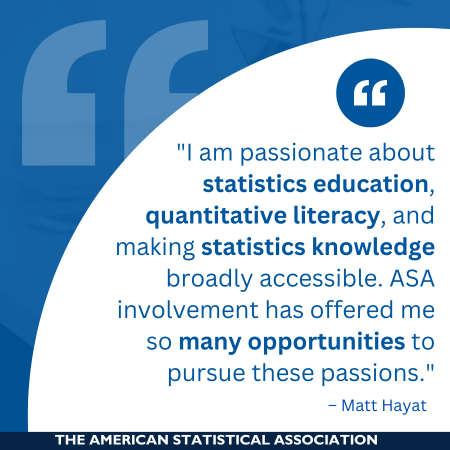Stacey Hancock
Starting in 2016, the Consortium for Mathematics and Its Applications’ (COMAP) annual Mathematical Contest in Modeling (MCM) added a data insights problem, Problem C. In this new modeling challenge, teams are presented with a modeling problem and data set. While not a big data challenge, data sets often have interesting characteristics and naturally occurring complicating factors such as missing data, cross-discipline sources, correlated observations, and blends of data types.
This year’s Problem C addressed energy usage of four contiguous US states: California, Arizona, New Mexico, and Texas. Teams were charged with seeking mathematical models that could assist with policy changes for forming a realistic new energy compact focused on increased use of cleaner, renewable energy sources. Using a data set representing 50 years of energy use with more than 500 variables, teams first developed and described an energy profile for each state, used this energy profile model to assess which state was best, and then used the model to predict the future energy profile in years 2025 and 2050 in each state. Using these results, teams determined renewable energy usage targets and action items for each state and summarized their results in a one-page memo to the state governors.
More than 4,000 teams participated in Problem C this year: 4,589 from China; 136 from the United States; and several from Canada, Hong Kong, the United Kingdom, Indonesia, India, Macau, Mexico, South Korea, and Taiwan. Six of these teams were designated as Outstanding Winners. Problem author and judge commentaries on team submissions, plus a selection from the Outstanding Winner solution papers, will appear in The UMAP Journal.
New in 2018, the American Statistical Association is designating one outstanding team as the winner of the ASA Data Insights Award. This year’s winning team is from Xi’an Jiaotong University, China, with adviser Fang Zhang. Winners include Running Hu, Shengkuan Yan, and Minghao Zhou.
While the MCM has traditionally been aimed at mathematics students, students with statistical skills have a unique advantage on Problem C due to MCM’s data analysis focus. The MCM is open to both high-school students and college undergraduates.
The 2019 MCM contest is set for January 24–28.



Leave a Reply